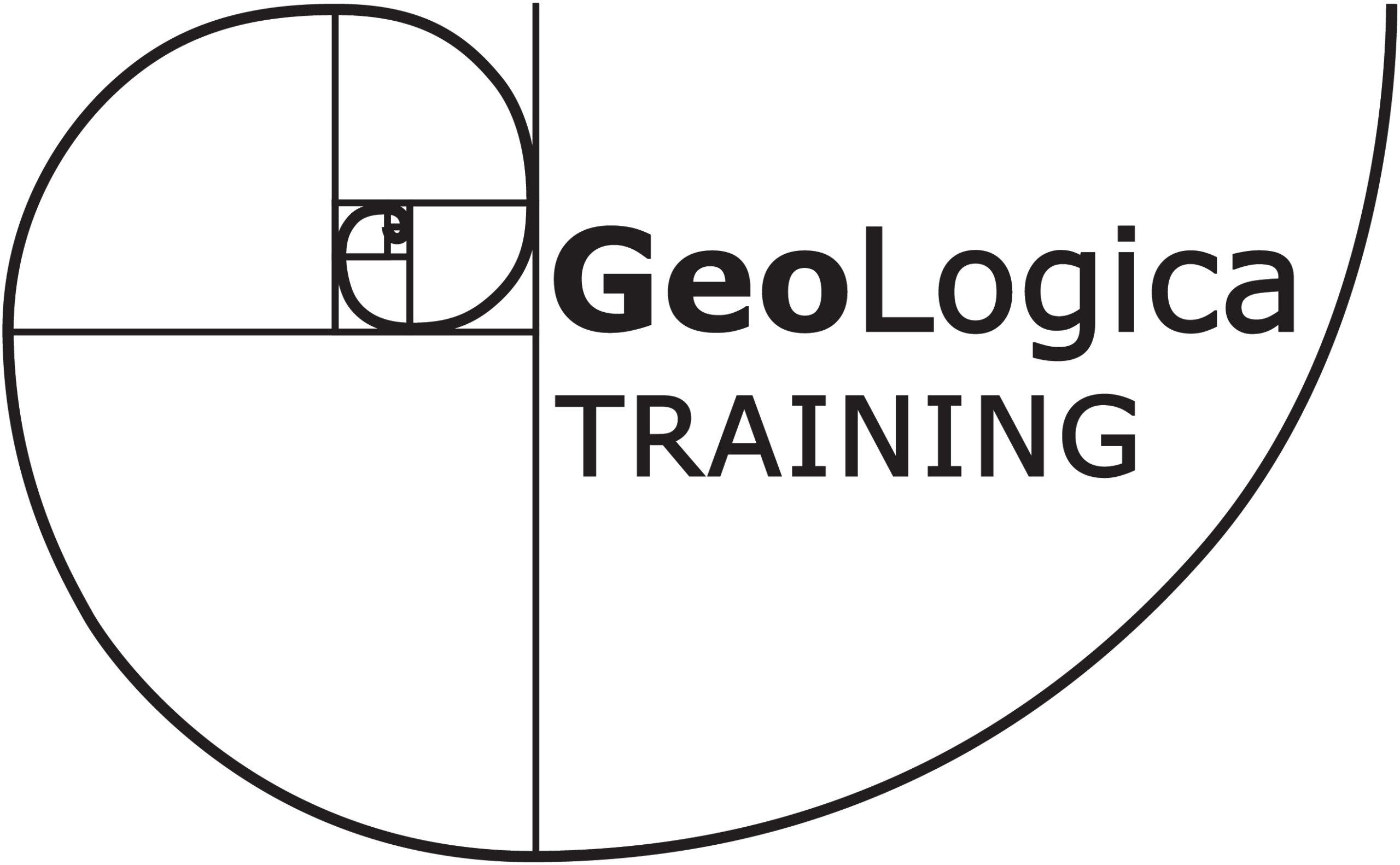Tutor(s)
Ben Klooss: Chief Operating Officer and Partner, Camberwell Energy.
Overview
The aim of this course is to provide an overview of key business aspects in relation to the energy transition. Two case studies will be used to frame the course learnings.
Duration and Logistics
Classroom version: A half-day course comprising a mix of lectures, case studies and exercises. The manual will be provided in digital format and participants will be required to bring a laptop or tablet computer to follow the lectures and exercises.
Virtual version: One 3-hour interactive online session. A digital manual and exercise materials will be distributed to participants before the course.
Level and Audience
Awareness. The course is aimed at non-technical staff and those who do not have a business background but want a basic introduction to the topic. The subject matter will be covered from very basic principles and will be of interest to staff from a range of departments, including legal, graphics, administration and technical support, as well as the geoscience staff.
Objectives
You will learn to:
- Understand the current global energy demand and how this will look in the future.
- Recall the economic aspects of renewables.
- Appreciate the mix and projected levels of current energy supply.
- Describe the decarbonization targets for the EU and the overall scale of the energy transition that is required.
Course Content
This short course covers the key aspects of business for the energy transition and will give participants a fundamental understanding of the key aspects. Topics to be covered include:
- Global energy demand and current and future projections by sector to 2050, with a focus on Europe – demand for electricity vs primary energy
- Economic aspects of renewables (e.g. profitability, size of the application vs economics)
- Global and European energy supply – current and projected levels of primary energy supply, including hydrocarbons, nuclear and renewables (e.g. geothermal, wind, hydrogen, solar and bioenergy). European estimates of domestically produced vs imported total primary energy
- European climate policy objectives. Decarbonization targets for the EU and separately for the UK. The scale of the low-carbon energy transition that is required in Europe
- Two case studies to illustrate opportunities, policy drivers and commercial factors: CCS in the Netherlands; and Hydrogen in the Netherlands
Each case study will discuss:- Specific market context to outline the scale of the opportunity
- Policies, regulations and support instruments (i.e. carbon price, contract for difference, subsidies) directly affecting the particular business opportunity
- Potential business models and commercial risks. This will include high-level descriptions of the factors determining business viability and profitability, as well as limiting factors
